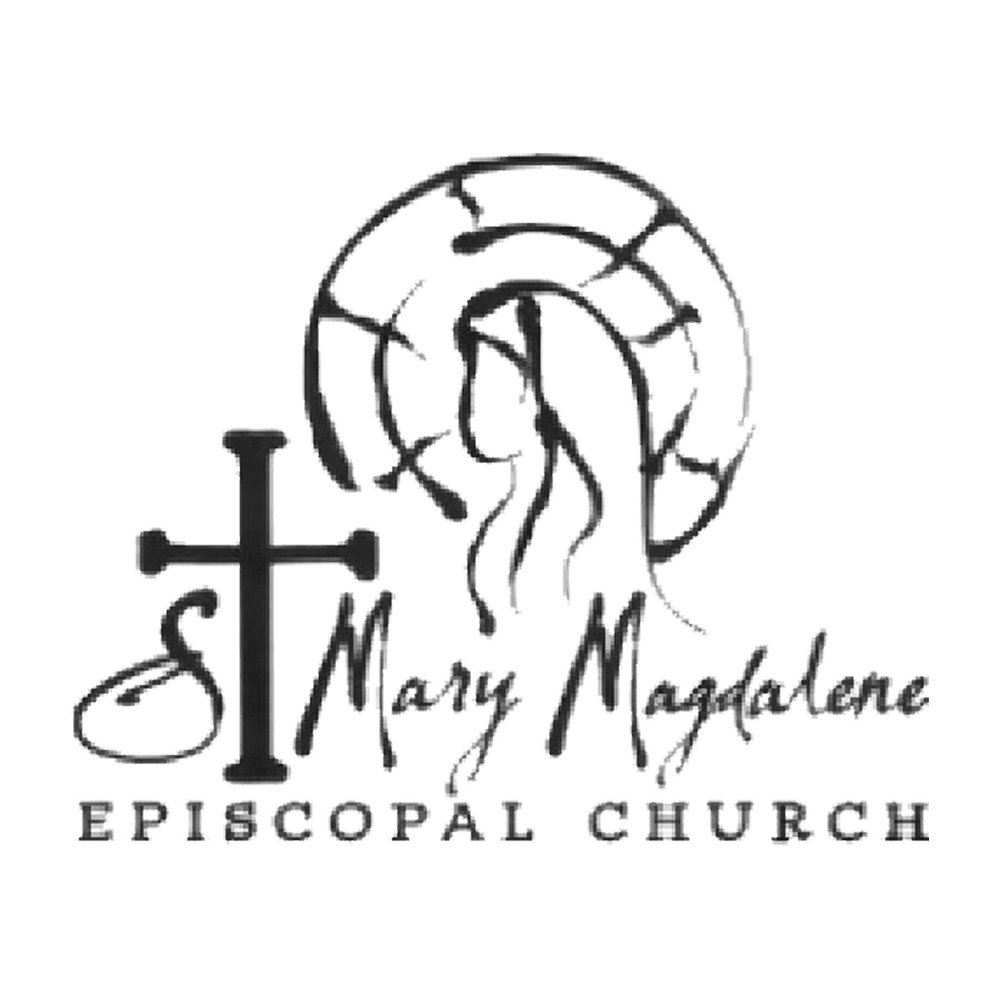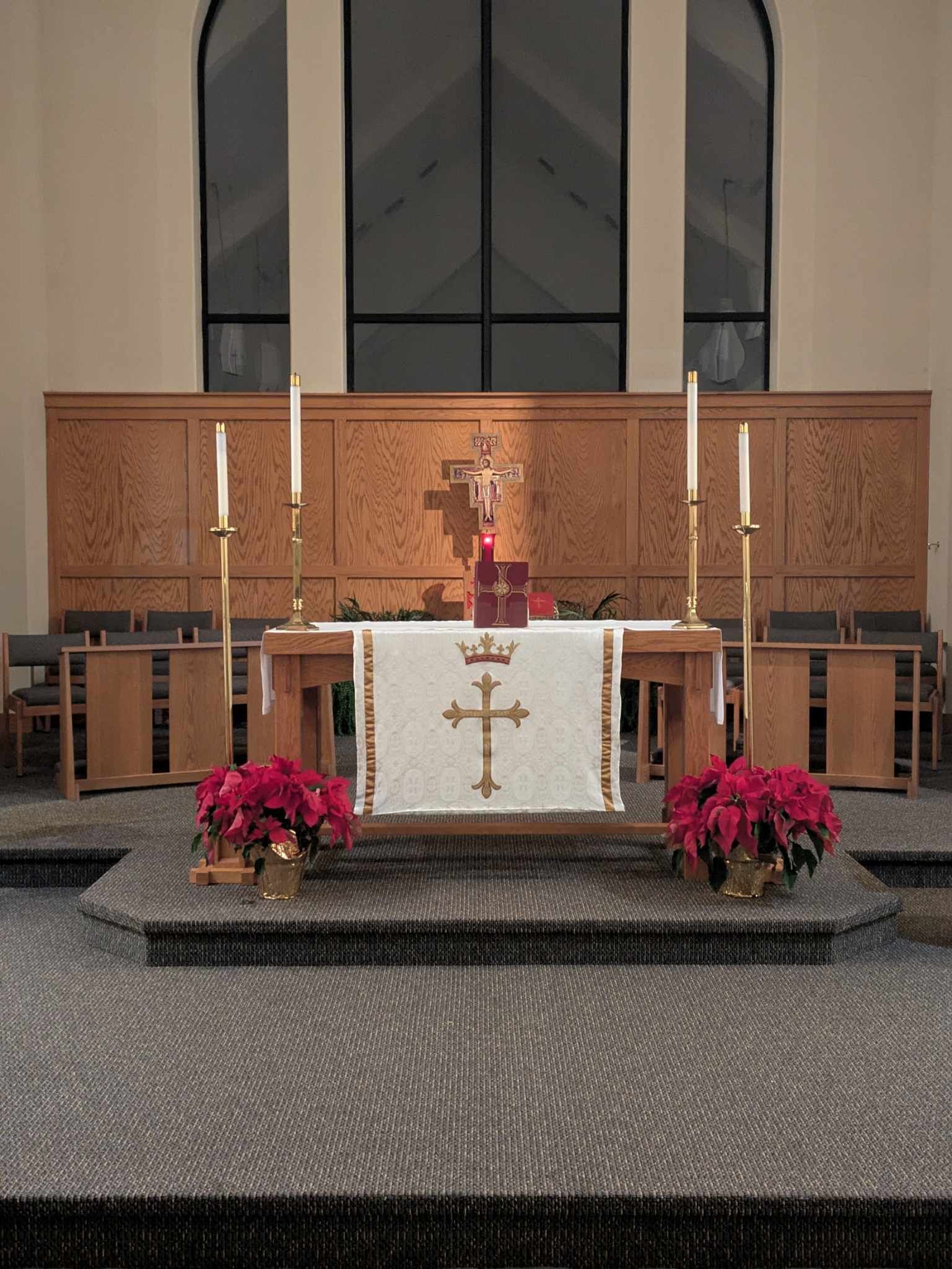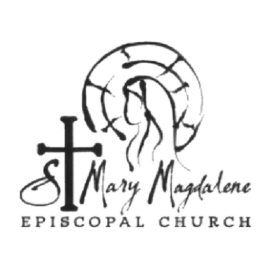The Third Sunday after Epiphany-Year C
Given at St. Mary Magdalene, Belton
Sunday, January 26, 2025
Sometimes being in a lectionary based church is not fun for preachers. Inevitably there are scripture readings appointed at times that we would really rather not touch with a ten foot pole. Today, however, I am grateful for the lectionary. As we prepare for our annual meeting I could not think of better scripture readings than those we just heard. In the First Reading the prophet Erza is taking the ancient writings and interpreting them for the audience of his own time. He does not simply read the text, but answers the question, what does it mean for us “today”? St. Luke in the gospel begins by saying he is taking all the knowledge and information from those who walked with Jesus and putting them down in writing for the new church of his day. Then in today’s Gospel reading we witness the beginning of the beginning of Jesus’ public ministry, where he likewise takes an ancient text from the prophet Isaiah and says: “Today this Scripture passage is fulfilled…”
So we need to do the same. Where are we today? As individuals, As a parish community where are we? Where have we been? Where are we going? Where are our anxieties, where are our fears? Where are hopes, dreams and joys? Our annual meeting is a good time to think on these things, to take stock, to be grateful for the blessings we have received and to collectively look forward to the future, but most importantly it is a time to ask ourselves where is God?
Where is God and what does God say to us in the middle of it all? God does not save us from our humanity. He does not come to take away our human fragilities or the messiness of living in a complicated complex world, he does not come to make everything easy. Instead, He comes into our world, as Jesus says in the gospel, to set us free. To set the captives free. And we are indeed those captives – captives to our anxieties, our fears and our inner tendencies of selfishness, self-righteousness, self-aggrandizement. But we are offered and indeed given our freedom from these things to the degree that we center our focus and our personal decisions on the cross of love that Christ came to give us as the way to freedom.
As we think about where we have been and where we are going both as individuals and as a community of faith, the Holy Scriptures for this Sunday give us three basic principles that should guide us as a community of faith.
- We are strong. Erza tells us: “Do not be saddened this day, for rejoicing in the LORD must be your strength.” Our strength does not come from ourselves. It comes from the power of God and our faith in Him. He does not liberate us from our struggles and hardships, as you well know from your personal lives and from the life of this community at St. Mary Magdalene. We all have our ups and downs but God is always there and gives us strength that allows us to believe, indeed to know, that we are not alone. We are guided by His light, we are held and cared for in His hands. We don’t know what tomorrow will bring. But we do know, with certainty, that He is the cause of our strength, and that he will provide. Our gathering here each Sunday is how we can feel that presence and strength anew, and so go on to face any challenge together.
- We are one. St Paul in the second reading makes clear that we do not stand as individuals to face our world and the challenges it brings. Instead we are called to be one body as Christ is one body. This is one of the most challenging tasks in our culture today because it is ingrained in us to look after ourselves and put everyone else slightly or greatly out of our thoughts. The lone cowboy occupies in our collective imagination a more important place than the communal wagon train. However, St. Paul tells us Christ’s body is one, “For in one Spirit we were all baptized into one body.” So we must recommit ourselves to this community of faith. We cannot walk this journey alone. We need each other, and the world needs the example of the care, concern and love we have for one another as we reach across divides of politics, economics, and background.
- We are doers, not spectators. Jesus’ proclamation in the gospel of Luke lays out what His coming means. They are action verbs. He will make the presence of God obvious and transforming through His actions, words, and example. We are all disciples-missionaries. The two words are inseparable, because if we are disciples of Christ, we must be missionaries of Christ. That means we are sent to do something. The Catechism in the Book of Common Prayer says that our mission, your mission is to “ represent Christ and his Church…to bear witness to him wherever we may be;
and, according to the gifts given us, to carry on Christ’s work of reconciliation in the world.” It means action verbs on our part and not just watching while the world moves up and down. We are called to make a difference, in small but faithful ways. In a divided and polarized nation, how can we witness to respect and dialogue with others who think differently? In a world where there is increasing wealth disparity, and individualism, how can we model care for others both within and outside of these walls? In the tense environment and psychologically stressful reality of the word , how can we sow the hope that comes from our faith in God with us (Emmanuel)? We must do, not just watch.
Today God speaks to us anew. He comes to set us free. He comes to send us out. As we take time to take stock of where we’ve been, where we are, and where we’re going, may we be strengthened by this message at this time when His strength is so sorely needed. May we be motivated by this message at a time when our city, our country and our world needs hope. May our community recommit itself to being that beacon of strength, unity, welcome, and love so that we may share God’s love and bring others the Good News. Amen.


